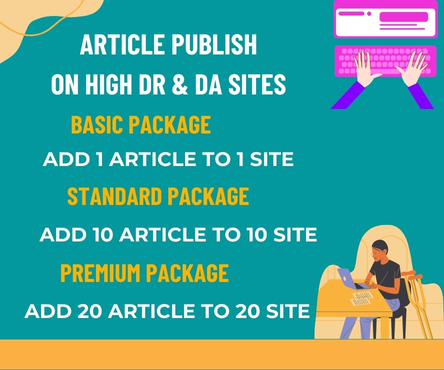Do you ever wonder why your doctor or pharmacist always tells you to take your medications with food? It may seem like an inconvenient requirement, but taking your medications with food is actually an important part of ensuring that you get the full benefit from the medications you’re taking. In this blog post, we’ll discuss the three main reasons why you should always take your medications with food. Visit now salvia drogue
Certain medications can irritate your stomach
Taking medications without food can increase the risk of stomach-related side effects. This is because taking medications on an empty stomach can cause acid reflux and other forms of gastric distress. The acidity of your stomach acid increases when it is empty, making it more prone to irritation when you take a medication. Furthermore, certain medications can directly cause irritation of the stomach lining. For example, nonsteroidal anti-inflammatory drugs (NSAIDs) such as ibuprofen can cause the lining of your stomach to become inflamed. Eating food with your medication can help reduce the chances of this happening by coating your stomach with protective layers of fat and carbohydrates, reducing the amount of medication that comes into direct contact with your stomach lining.
Food can help your body absorb the medication
When you take certain medications, it’s important to do so with food. Eating something before or during your dose of medicine can help your body absorb the medication more effectively. When the medication is taken with food, it enters the stomach at a slower rate, which helps it get absorbed more completely into your bloodstream. Food also buffers the acidity of your stomach, which can protect the medication from being broken down too quickly by the acidic environment of your stomach.
In addition, some medications need to be taken with food in order to be effective. If a medication is not taken with food, your body won’t be able to absorb it properly and thus it won’t work as effectively. As an example, antibiotics are often prescribed to be taken with a meal in order for them to work best.
It’s also important to be aware that certain foods and drinks can interfere with the absorption of certain medications. For instance, taking iron pills on an empty stomach can cause nausea and vomiting, while taking them with food can help reduce these effects. Additionally, milk and antacids should not be taken with certain antibiotics as they can interfere with their effectiveness.
To ensure that your medication is working effectively and efficiently, it’s best to always take it with food or with the recommended amount of water. If you have any questions or concerns about how your medication should be taken, speak to your doctor or pharmacist for more information.
Some medications need to be taken with food to be effective
Medications such as certain antibiotics and NSAIDs (nonsteroidal anti-inflammatory drugs) need to be taken with food in order to be absorbed properly. Eating before taking these medications helps protect your stomach from irritation, but it also helps the medication reach its intended destination.
Antibiotics, for instance, are designed to fight bacteria, but they can also irritate the stomach if taken on an empty stomach. Taking them with food helps protect the stomach lining and ensure that the antibiotic is properly absorbed by the body. Similarly, NSAIDs have been known to cause stomach ulcers if taken on an empty stomach, and food can help buffer the effects of these medications.
In addition, some medications must be taken with food in order to be effective. For instance, cholesterol-lowering statins need to be taken with a meal in order to be absorbed properly by the body. Taking these medications without food can reduce their effectiveness, leading to a less than optimal result.
It is always important to read the instructions that come with your medications carefully. If the label says “Take with food” then you should follow this advice in order to get the most out of your medication.

